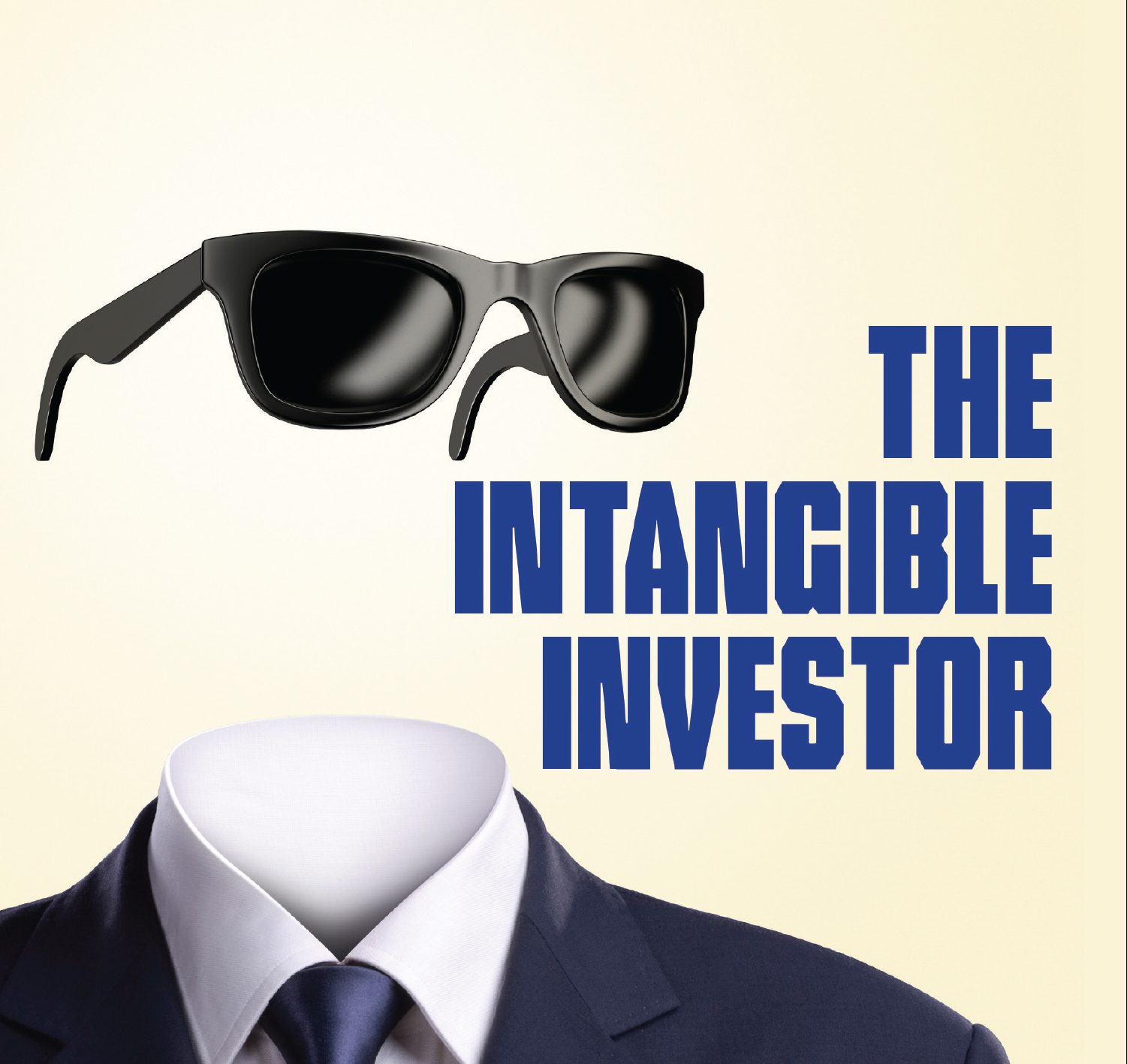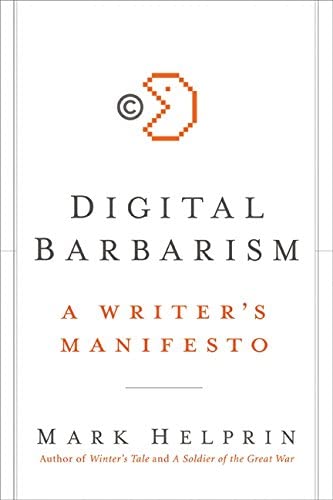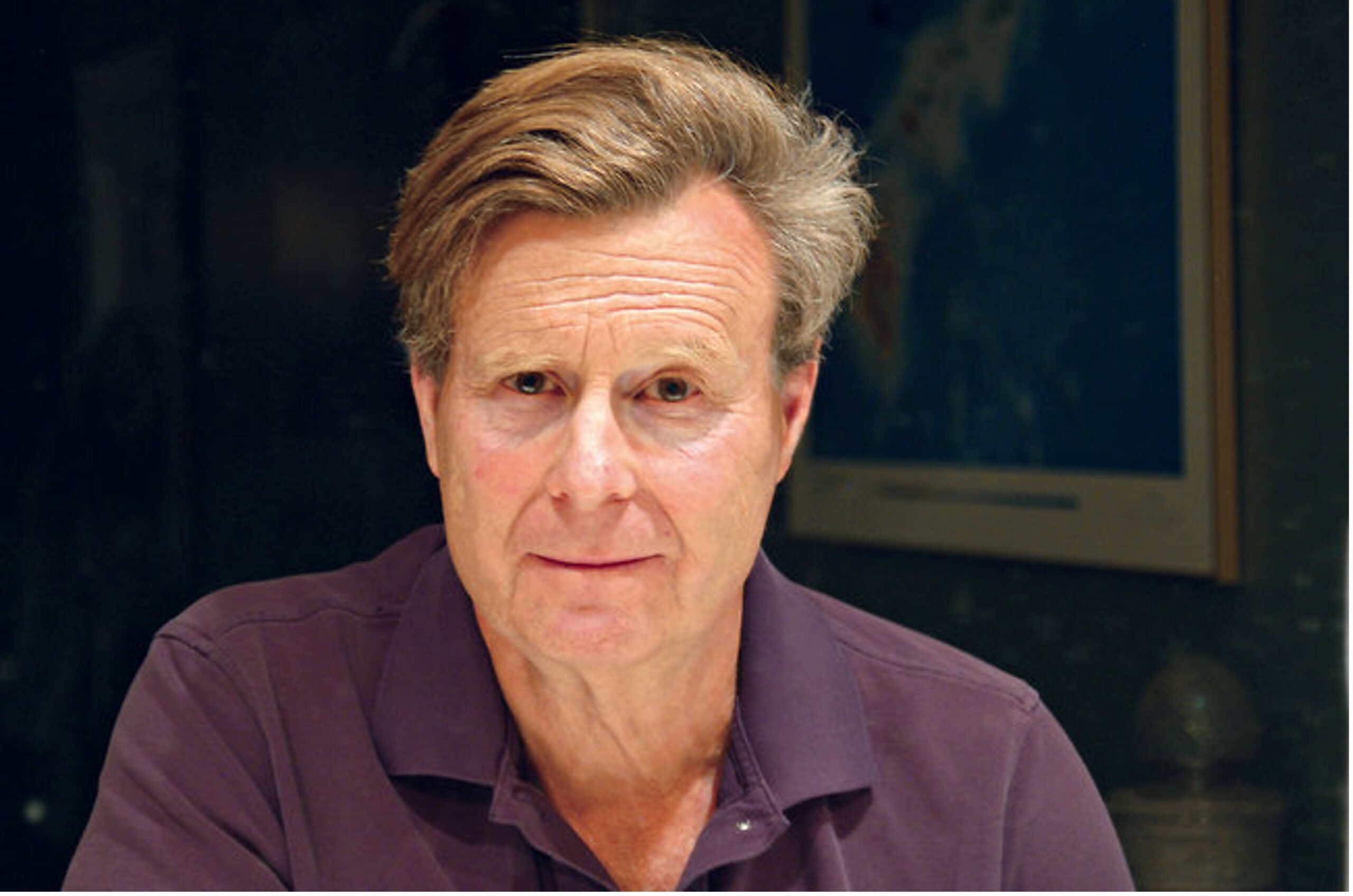“Helprin may not be the posterchild for copyright fairness, but he is a keen and articulate observer whose eloquence and pugnacity are tempered with arrogance.”
 Copyrights are the most widely held form of intellectual property. They are also the most infringed. Many creators are unaware their rights even exist or how they can be used. Most do not have a clue how they impact commerce and society.
Copyrights are the most widely held form of intellectual property. They are also the most infringed. Many creators are unaware their rights even exist or how they can be used. Most do not have a clue how they impact commerce and society.
A range of creators and copyright holders, from high school students to Warner Media to Beyonce, individuals and businesses, have generated a cornucopia of content, fueled by faster digital processing and virtually unlimited storage. In theory, most of it is protected under copyright law. Most people, and many businesses, have been known to infringe them, no matter their value, often with impunity. Earlier this year, the U.S. Copyright Office established a small claims system for copyright to slow infringement and prevent rightful owners, small and large, from being routinely ripped off.
Like Air and Water
Whether it is the zeal of young content creators on YouTube and TikTok, or a photographer trying to eke out a living, digitization has made copyright abuse, deliberate or unintentional, very difficult to enforce. For many, it does not feel like theft. They have come to believe that content, like air and water, are life-sustaining natural resources that are so readily available they must be free for human consumption (although, even clean air and water are both fast becoming pricey, especially in certain parts of the world).
Novelist Mark Helprin disagrees with those who believe content should be free. Helprin is author of Winter’s Tale, A Soldier of the Great War, Freddy and Fredericka, The Pacific, Ellis Island, and numerous other works. His novels, journalism and political commentary have been translated into over twenty languages. Most of his fiction has featured war, the sea and machines. His most contentious battle is with intellectual property.
Digital Barbarism: A Writers Manifesto, published in 2010, is Helprin’s book about the growing threat to copyright and the high cost to both creators and society. While his arguments, fueled by anger and frustration, are timely, Digital Barbarism is not without its challenges. Digressive and dismissive, Helprin wanders in and out of the topic at hand, raging against a wide range of real and perceived adversaries. A slimmer volume may have had greater impact, but it would have lacked the outrage, and, in fairness, it is not my content to re-engineer. The strength of Digital Barbarism consists of Helprin’s jibes at anti-copyright philistines, progressives groping for higher ethics and techno literati looking for a free ride. There are also those too oblivious to know there is a problem or care. His arguments are in equal measure precise, provocative, ornery and humorous.
Times Op-Ed
Helprin did not anticipate a hostile response to his 2007 New York Times op-ed piece, “A Great Idea Lives Forever. Shouldn’t Its Copyright?” Within a week, the article, which argued for extending the copyright term in keeping with Canada, the UK and other nations, had generated 750,000 angry comments.
Dismayed by his mostly young critics’ sense of entitlement and appalled by the speed and illogic of their arguments, notes the dust jacket of his book, Helprin realized how drastically different the current generation is from those before it.
 “The Creative Commons movement and the copyright abolitionists have been educated with a modern bias toward collaboration, which has led them to denigrate individual efforts,” continues the summary. “Digital Barbarism is Helprin’s cogent, powerful, and passionate response to those whose selfish desire to ‘stick it’ to the ‘greedy’ corporate interests controlling the distribution of intellectual property undermines not just the possibility of an independent literary culture but threatens the future of civilization itself.”
“The Creative Commons movement and the copyright abolitionists have been educated with a modern bias toward collaboration, which has led them to denigrate individual efforts,” continues the summary. “Digital Barbarism is Helprin’s cogent, powerful, and passionate response to those whose selfish desire to ‘stick it’ to the ‘greedy’ corporate interests controlling the distribution of intellectual property undermines not just the possibility of an independent literary culture but threatens the future of civilization itself.”
Helprin’s premise: strong copyright laws, fairly enforced, are necessary not only for creators to assure their assets are inherited, like real estate and other property, but for society. It is a myth, he says, that copyrights should have to expire to benefit society. Like trademarks that protect brands, they are a form of property whose life should not be determined by government intervention or apparent political correctness, and certainly not by tech giants who benefit from free content.
Published in 2010, Helprin senses a changing of the IP guard brought on by digitizing content, an underinformed if not misled public, and the ascendance of businesses that thrive on weak or no copyright.
Helprin has a novelist’s command of syntax and humor, which makes reading Digital Barbarism a treat, even if some sections stray from its mission. His glibness is sure to rub some readers the wrong way. At times he comes across as an 18th Century curmudgeon, self-righteous, if not pompous, which weakens his otherwise compelling observations about the importance of property and ownership for all, not just the powerful. But it is anger which fuels this book and makes it worthwhile to IP professionals, investors and law makers, and even a few software coders. I can only imagine that Helprin is aligning the metaverse in his crosshairs.
Cite-Worthy Descriptions
Below are excerpts from Digital Barbarism: A Writers’ Manifesto that are worth considering.
“Of late, these[copyrights] have come under sustained attack. A movement that, whatever its ideological origins, finds its most congenial home and support in the geek city states of Silicon Valley, has successfully channeled and combined the parochial interests both of giant corporations and legions of resentful adolescents who believe that they have a natural right to whatever they want… “
“It is known informally as the ‘Creative Commons,’ and the charitable mask it presents, selfless people contributing their work—software, music, writing—to the common weal, is merely the cover (not much bigger than a postage stamp) for a well-organized effort to cut away at intellectual property rights until they disappear.”
Helprin tells readers that “you cannot claim to protect the little man while simultaneously liquidating the few rights by which he protects himself against the whiplash of the mass.” They claim Jefferson because his passions made him a radical, but his passions made him a radical in defense of the yeoman, the small farmer, the individual. Ironically, Jefferson was an inventor.
“No one except perhaps Hamilton or Franklin might have imagined that services and intellectual property would become primary fields of endeavor and the chief engines of the economy. Now these are, and it is no more rational to deny them equal status than it would have been to confiscate farms, ropewalks, and other forms of property in the eighteenth century.”
Helprin can be strident in his defense of copyright and declaration that Millennials and those that follow them are little more than barbarians at the digital gates, destroying the hard work of civilization. His points are well-taken.
He says that many have now decided that it is “impossible not to be entitled to something that is easily and commonly stolen.” Partly because my aging and self-indulgent generation has educated those in its wake to believe that the way to confront moral failing is to reclassify it as virtue, this they have done, and with unalloyed certainty. Copyright [and copyright inheritability] must be abolished so they won’t have to pay for the music and software that sustains them—like oxygen, which, after all, is free.
Authority of the Individual Voice
Helprin is a believer in the sanctity of the individual voice – the creator, whether she be a writer, photographer, designer or inventor. “Freeing a literary work into the public domain,” he explains, “is less a public benefit than a transfer of wealth from the families of American writers to the executives and stockholders of various businesses who will continue to profit from.”
He believes it is a gross mistake that when books go out of print it is reason for restricting or ending a copyright. “Saying that if something goes out of print it should move into the public domain is equivalent to saying that if a business has a loss in one of its divisions, the assets of that division should be distributed to the public.” He explains:
“Flush with money and power, the keepers and users of the new machines and processes (whether giant corporations like Google portraying themselves as selflessly centralizing information within their control, or individuals high on their ability to summon information and images from all over the world without effort or, they may think, price) fund, organize, and carry out attacks upon the old system. Is it not ironic that their motto [suggests] rage against the machine, when in fact they rage on behalf of the machine?”
The Bulwark of Civilization
Almost everyone has produced some form of content or creative expression that is copyrightable. Yet copyright is most ignored of all the intellectual property rights (as if this was a competition of neglect or injustice).
Publishers’ Weekly said this of Digital Barbarism:
“Drowning in this ocean of bile is a defense of authors’ right to control their work and defend its integrity against appropriation and distortion by others, and an examination of the historical and legal basis of copyright offered in elegant prose and with a rapier-sharp wit. But Helprin’s pugnacity may repel even those who agree that copyright is a ‘bulwark of civilization.’”
Digital Barbarism is available for $6.99 in – dare I say it? – a digital edition. It is also available in old school paper(a leather-bound version is not forthcoming). This is a book worthy of a read and a think.
Helprin may not be the posterchild for copyright fairness, but he is a keen and articulate observer whose eloquence and pugnacity are tempered with arrogance. Let us hope that a few of the three-quarters of a million hostile respondents to Helprin’s origninal Times piece, and others, will be persuaded to see creations of the mind in a larger context, hopefully before the idea of proprietary rights have been totally eroded.

![[IPWatchdog Logo]](https://ipwatchdog.com/wp-content/themes/IPWatchdog%20-%202023/assets/images/temp/logo-small@2x.png)


![[Advertisement]](https://ipwatchdog.com/wp-content/uploads/2024/04/UnitedLex-May-2-2024-sidebar-700x500-1.jpg)
![[Advertisement]](https://ipwatchdog.com/wp-content/uploads/2024/04/Artificial-Intelligence-2024-REPLAY-sidebar-700x500-corrected.jpg)
![[Advertisement]](https://ipwatchdog.com/wp-content/uploads/2024/04/Patent-Litigation-Masters-2024-sidebar-700x500-1.jpg)

![[Advertisement]](https://ipwatchdog.com/wp-content/uploads/2021/12/WEBINAR-336-x-280-px.png)
![[Advertisement]](https://ipwatchdog.com/wp-content/uploads/2021/12/2021-Patent-Practice-on-Demand-recorded-Feb-2021-336-x-280.jpg)
![[Advertisement]](https://ipwatchdog.com/wp-content/uploads/2021/12/Ad-4-The-Invent-Patent-System™.png)






Join the Discussion
3 comments so far.
Anon
December 7, 2022 02:40 pmCopyright has not evolved in the view of digital goods.
Come to think of it, neither has patents.
Bruce Berman
December 7, 2022 02:31 pmHelprin has cogent arguments for taking copyright seriously. But it’s like swimming upstream in a hurricane. Can we still achieve wide respect of content and other creators – I think we can.
B
December 7, 2022 08:32 amLove Mark Helprin
Eternal copyrights not so much